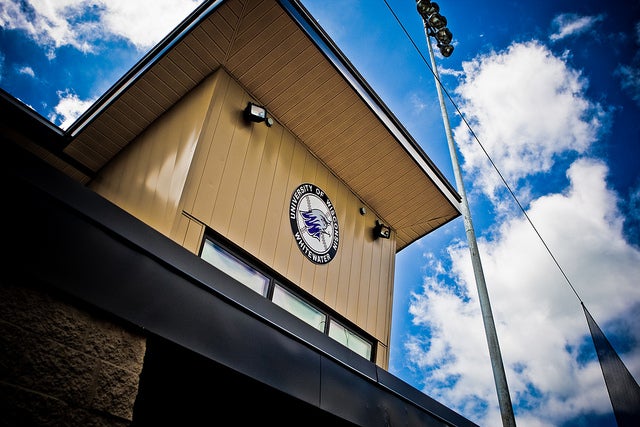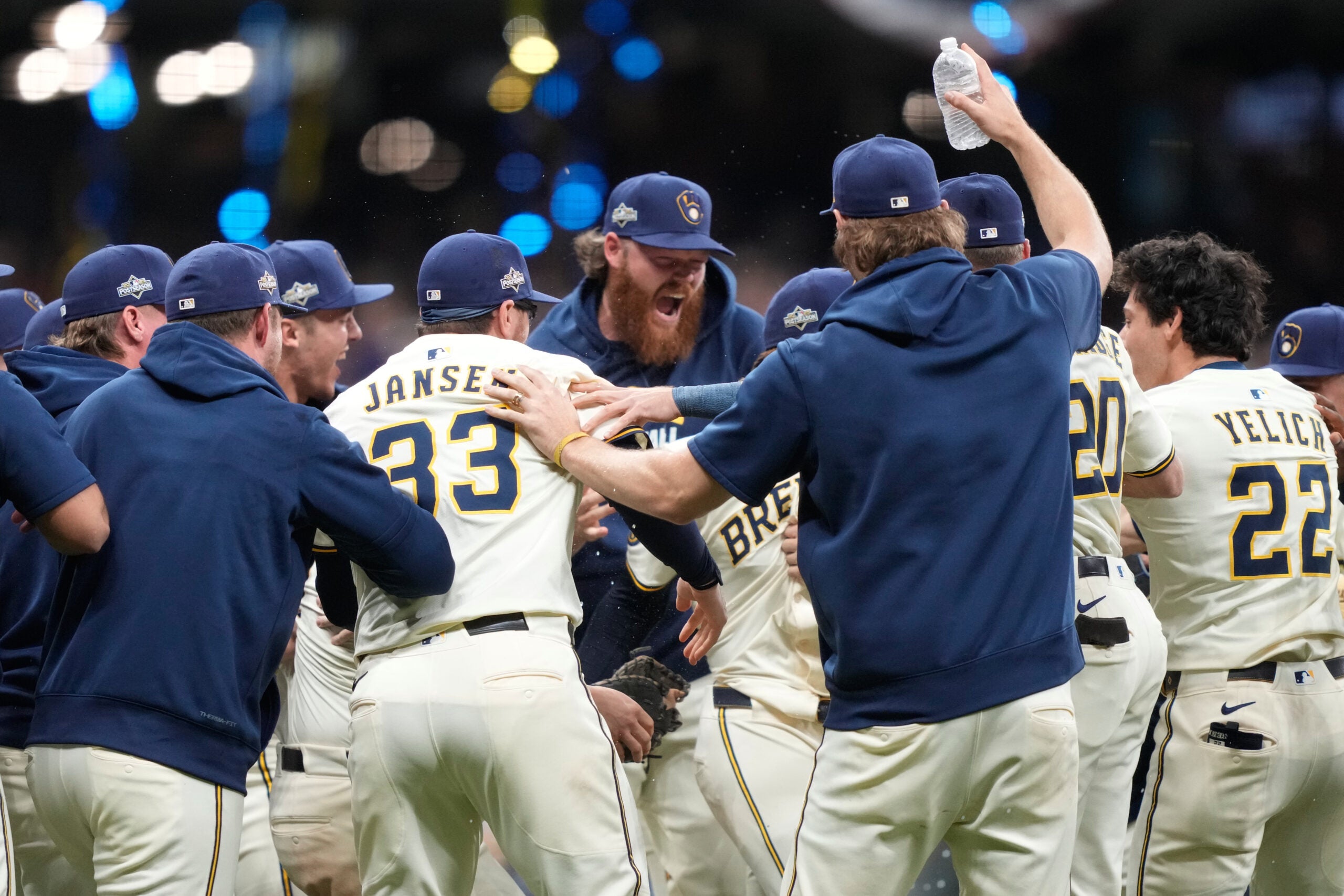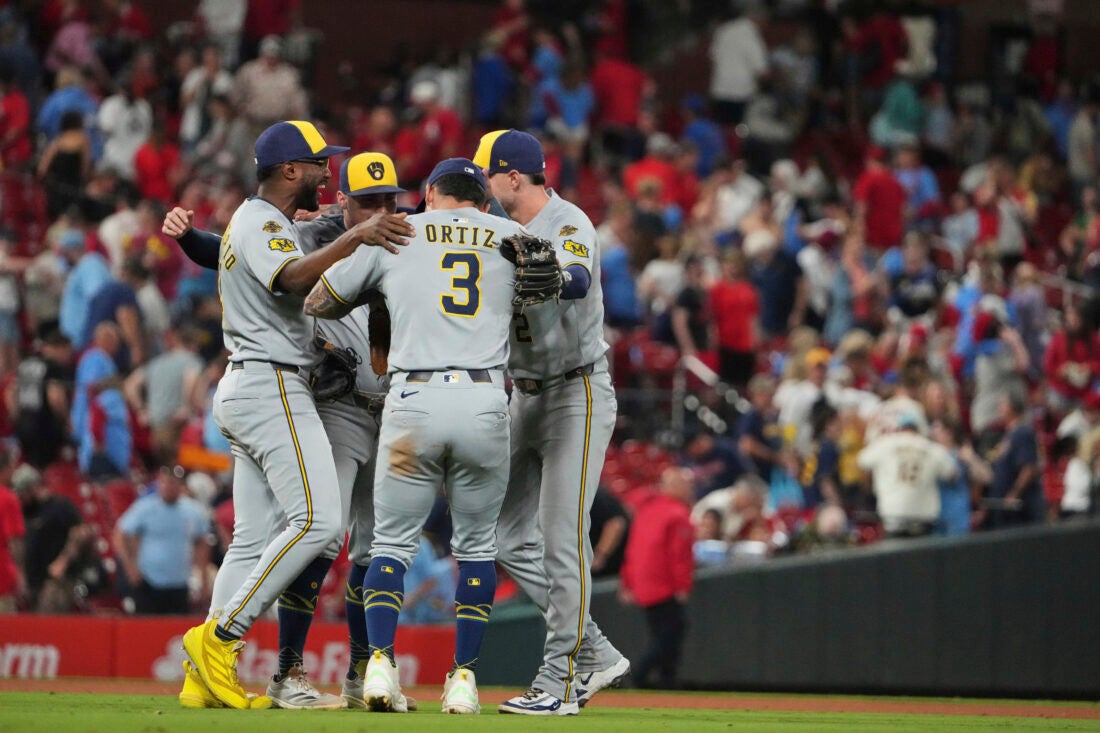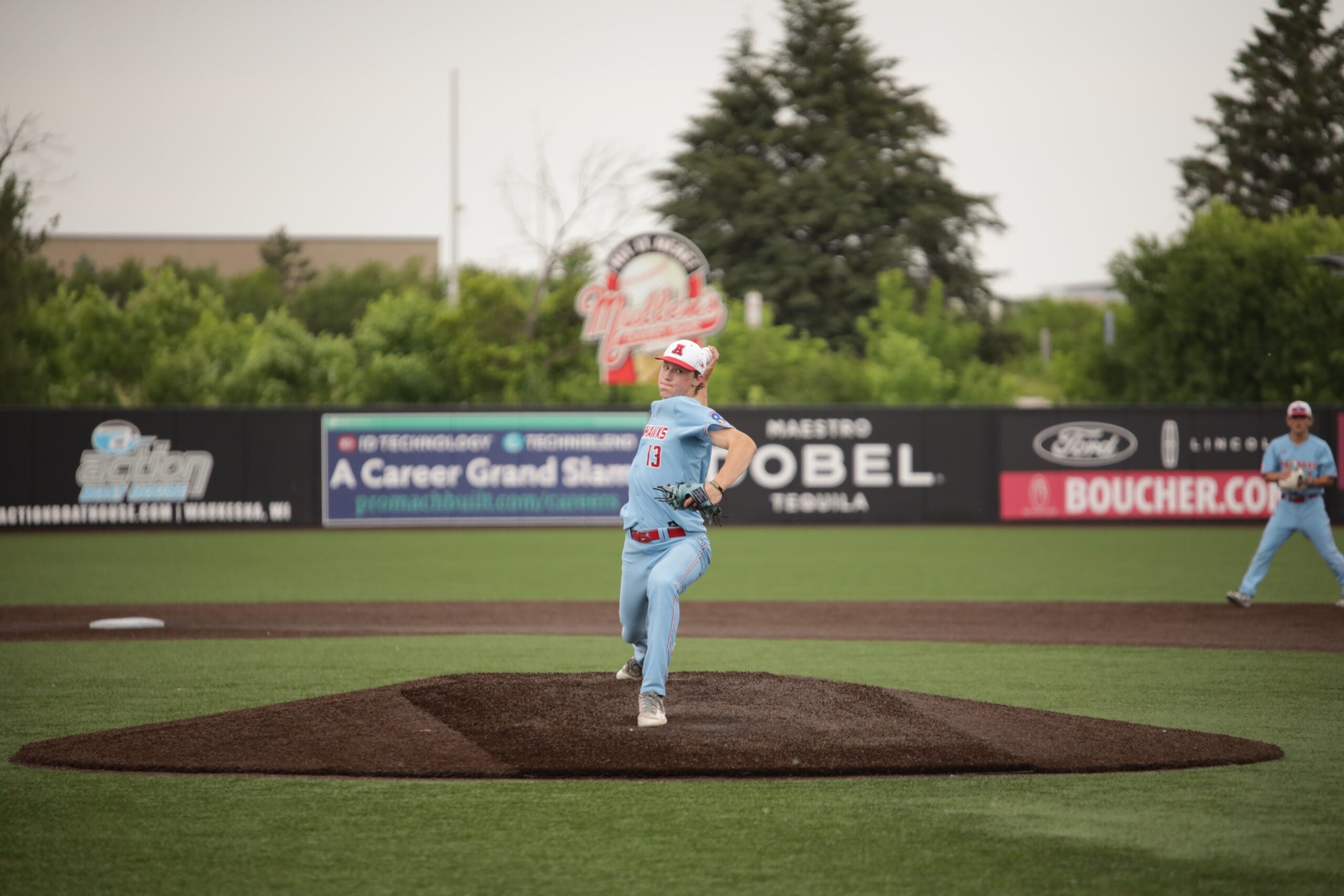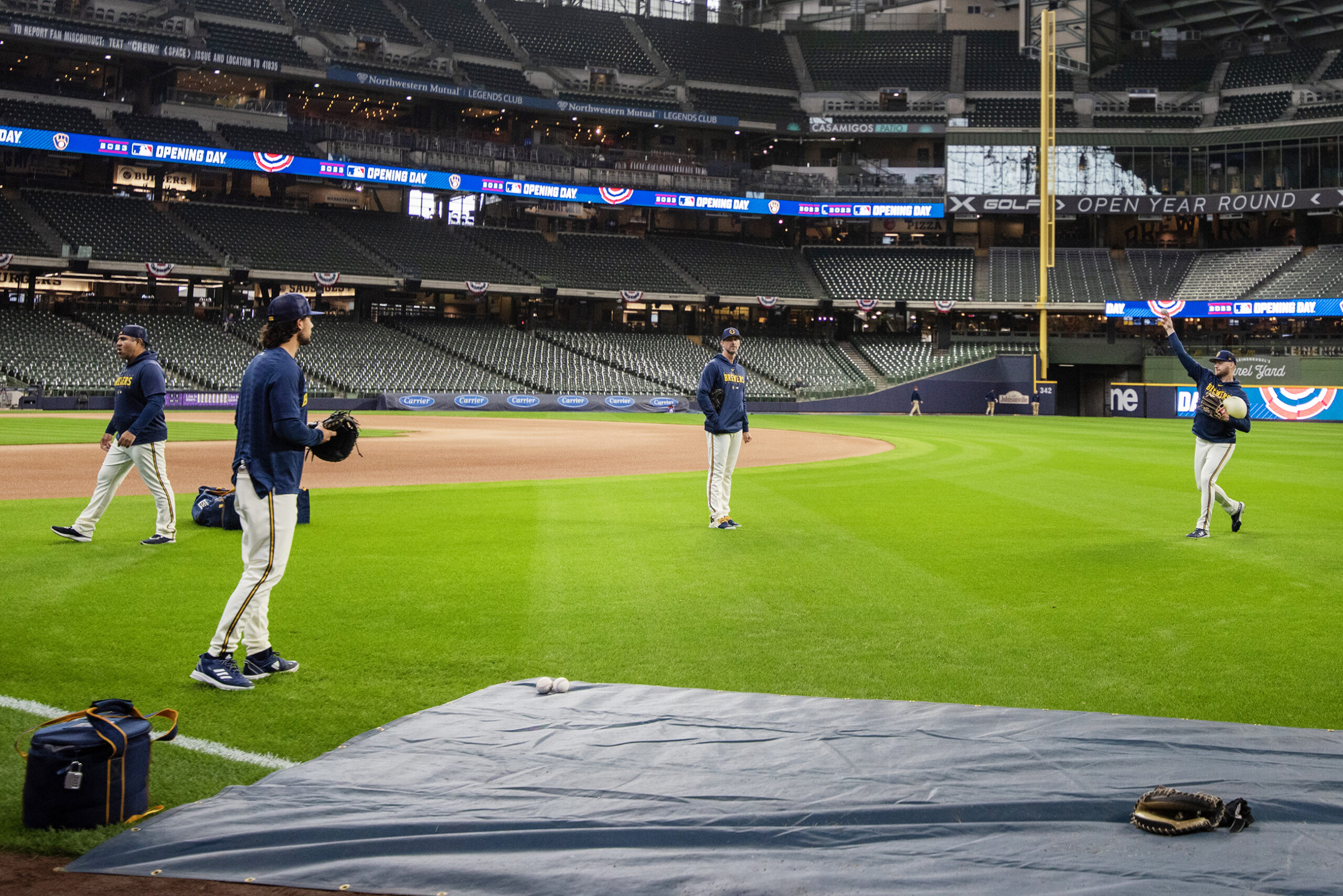The University of Wisconsin-Whitewater is a powerhouse in college baseball.
This year’s team won the most games in program history with a 49-6 record on its way to the Division-III school’s third national championship since 2005.
Head coach John Vodenlich notched his 800th career win this season, and the team hasn’t finished with a losing record since he took over in 2004.
News with a little more humanity
WPR’s “Wisconsin Today” newsletter keeps you connected to the state you love without feeling overwhelmed. No paywall. No agenda. No corporate filter.
Vodenlich said he’s never coached a team quite like this year’s squad. The team bounced back from a World Series runner-up finish last year to win the trophy in 2025.
He joined WPR’s “Wisconsin Today” to share how his team reached new heights and how his program has sustained this success for so long.
The following was edited for clarity and brevity.
Rob Ferrett: You didn’t just win the national championship. You dominated on your way there. How was your team able to be such a force in D-III baseball this year?
John Vodenlich: There was some luck that went into the timing of it because two or three weeks earlier, we weren’t playing great baseball. You look at a team, and if you have nine guys in the offensive lineup, maybe three are hot, three are OK and three just aren’t performing up to their abilities. You have that dynamic happening throughout the season.
But by the time we got to the championship series, it appeared that all nine players were locked in. That doesn’t happen all that much in baseball, so I have to give credit to them. They showed up every day, and they were playing with confidence.
RF: You’ve been head coach at Whitewater for over two decades now and you’ve never had a losing season. How have the Warhawks kept this baseball tradition going?
JV: Well, it didn’t start with me. I played [at UW-Whitewater] for Jim Miller, who was a legend in the baseball community. Then I came back as an assistant for him, and we really laid the groundwork together. We’ve had a tremendous group of talented student athletes throughout the history of our program. They’re still very active in what we are. We’ll get calls all the time [from former players] about a player they saw that they think should be a Warhawk. So our network has been laid for a long time.
RF: Does your track record of success help attract talented athletes to keep that success going?
JV: Yeah, no doubt about it. Our program has been to the College World Series 10 times. I’ve been fortunate to be involved in nine of those, and of course three national championships.
But then you look at the student athlete success, and that’s where it really gets impressive. Forty-five players have signed professional contracts, with several guys who have been in the big leagues. We currently have a player at Triple-A and Single-A. And then you see what they do with their careers and their degrees. We’ve got doctors, lawyers and politicians.
We have a lot of Warhawks who are doing really well, and I think that speaks to the off-field pieces like our education and our network.
RF: How much of your team is coming back for next season? How much are you losing?
JV: We’ll lose one big arm, 80 innings or so on the mound, and then five of our nine starters are gone. They are players that, quite frankly, you can’t replace. Matt Scolan was a four-year starter in left field. He broke almost every record we hold. Adam Cootway broke the record for most home runs. He would have broken even more records had he been with us a whole four years.
And then you have a guy like Sam Paden, who was a senior in right field. He became most famous because he hit the home run that ended Birmingham Southern’s school a year ago. Then we’ve got Eli Frank, arguably one of the best first baseman that we’ve ever had. And I’m missing Darryl Jackson, who’s just a premier shortstop for us.
So when you lose those types of guys, it’s not as easy as just plugging a new guy in, but I’m hoping the returning players will pull up their bootstraps and give a little bit more.

